Are you considering emigrating to Australia? Moving to another country can be a daunting (yet exciting) process. I know because I have experienced it seven times.
The last of my many moves has been to Australia, and although I read a lot before we arrived, there didn’t seem to be one place where I could find out all the stuff I really wanted to know (or needed to know).
So, I have decided to put together a guide to things I think will be very helpful if you are moving to Australia, whether permanently or on a more temporary basis.
- Top tips for planning your move to Australia
- 1. You will need a visa before moving to Australia
- 2. Narrow down where you want to live in Australia
- 3. Finding employment in Australia
- 4. Finding your perfect accommodation in Australia
- 5. What to bring with you when emigrating to Australia
- 6. Bringing your pets when moving to Australia
- 7. Sorting the finances before moving to Australia
- 8. Obtaining a tax file number (TFN)
- 9. Buying a car in Australia
- 10. Mobile phones in Australia
- 11. Medicare in Australia
- 12. Driving in Australia
- 13. Education systems in Australia
- 14. Join relevant groups on social media
- 15. How much does it actually cost to live in Australia?
- Emigrating to Australia – final thoughts
Top tips for planning your move to Australia
1. You will need a visa before moving to Australia
The visa you need for Australia depends on what your visit is for and how long you plan to stay.
There are different sorts of visas available. As the visa situation can change, it is best to check with the Australian Government’s Department of Home Affairs to see what sort of visa you will require.
It is also worth noting that some visas are not cheap, so ensure you add the costs of the visa to your plans.
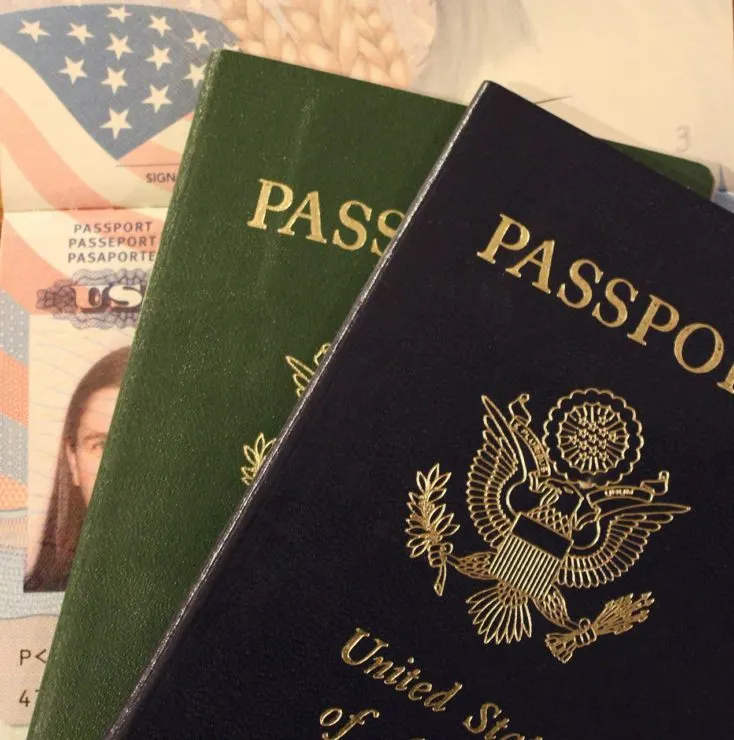
2. Narrow down where you want to live in Australia
This may or may not be tied to your visa type. If it is, you will have visa conditions to fulfil in terms of employment and where you can live.
If you have a visa that allows you to work and seek employment throughout Australia, it is worth considering where you would like to live! Australia is a vast country and each state/territory may offer different opportunities.
We chose to focus on seeking employment in Queensland. We had visited before, and we enjoyed the beautiful weather and laid-back lifestyle. But even though Queensland is a huge state, deciding where to live still had to be narrowed down. In the end, employment dictated where we initially moved to.
Do you like hot weather? Cooler weather? Big cities? Small towns? To be near the sea?
There are so many options, and always remember that the first destination doesn’t have to be the final destination!
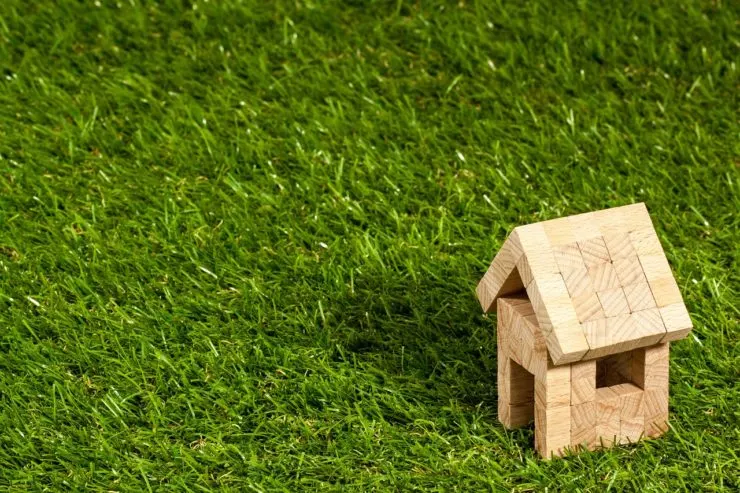
3. Finding employment in Australia
If you plan to work in Australia (and, of course, have the right visa to do so), I suggest looking on SEEK. This is where both my husband and I found jobs before we arrived in Australia.
If you plan to wait until you arrive, I would definitely consider ensuring you have an idea of the employment prospects in your area and perhaps register with employment agencies.
Also, if possible, ensure that you have completed relevant professional registrations before arriving. For example, as a teacher, I had to apply for registration with the Queensland College of Teachers.
Nurses and other health professionals need to contact AHPRA to register to practice in Australia. Registration takes time, so don’t leave it until the last minute!

4. Finding your perfect accommodation in Australia
I would suggest renting for the first six months so you can suss out the area and decide if it is right for you. Renting in Australia is a competitive game and not as easy as it is in some parts of the world (the UK, for example). Here, you will need 100 points of ID to apply for a rental.
How do I provide 100 points of identification?
You must provide a total of 100 points of Australian or state-issued documentation to prove your digital identity.
Different types of identity documents are worth different points. While you can use different combinations of documents to make up your 100 points, you must include at least one primary document.
| Primary documents | Points |
|---|---|
| Birth certificate | 50 |
| Driver licence | 60 |
| Passport | 50 |
| Secondary documents | Points |
| Certificate of Australian citizenship | 40 |
| Change of name certificate | 40 |
| Australian visa | 40 |
| Marriage certificate | 40 |
| Medicare card | 40 |
(Source – Queensland government)
I would recommend obtaining an Australian driver’s licence as this gives you 60 points straight away.
You will also need a deposit (generally 4 weeks’ rent) plus an additional 2 weeks’ rent in advance.
Word of advice – take photographs and video of everything in your rental as Australian estate agents are notorious for trying to keep your hard-earned money at the end of the lease.
Of course, there is another way, and that would be to use a relocation agent. We were so lucky to have Shelley of Opal Relocations’ help and support to secure our apartment in Brisbane. It saved a lot of time and money, as we were relocating from Mackay and did not have the time to fly down to sort it all out.
In Australia, you (or your representative) have to view a property before applying for it. Having someone to do this for you when you have a million other things to think about (and are potentially thousands of miles away) is a lifesaver in my view!
5. What to bring with you when emigrating to Australia
Do you bring everything, some things or just a couple of suitcases? We decided to bring some things (list below!) with us and sell the rest. I know some people who have shipped everything to Australia, which has worked well for them. Alternatively, I know people who have arrived with a couple of suitcases and started from scratch.
Making that decision again depends on several factors. Are you on a permanent visa? Do you have permanent work? Do you have children? Are there items of sentimental value that you can’t sell or part with?
Once you have decided what you are shipping, the next consideration is which shipping company to use. A popular option if you are moving from the UK is to use a Move Cube from Seven Seas. As we were bringing our bed and mattress with us (the only furniture), we decided to use a removal company.
Unfortunately, they managed to lose one part of our bed. The lesson learned? Ensure that you have insurance. We did and have claimed for the insured value. We still had 4/5 of a useless bed to dispose of, though.
I highly recommend that you request quotes from several removal companies and read reviews from previous customers.
I would also recommend comparing the costs of replacing your furniture versus shipping. In Australia, buying second-hand furniture is easy through sites such as Gumtree or Facebook.
There are also shops such as K-Mart, which has a great range of housewares, toys, sporting, and outdoor gear at very reasonable prices! Put it this way: I never leave K-Mart empty-handed!
In terms of clothing, I have found that my UK summer clothes are too thick for summer in Queensland. I am sure they will come in handy in the winter, but think carefully about the climate of the area you plan to move to!
What did we actually bring when we moved to Australia?
11 boxes containing
- Clothes
- Bedding
- Towels
- Some kitchen stuff
- Pictures and photographs
- Bed and mattress
- Books (related to our jobs – teacher and nurse)
What would I bring if I could go back in time?
- Nothing more than would fit in a couple of suitcases!
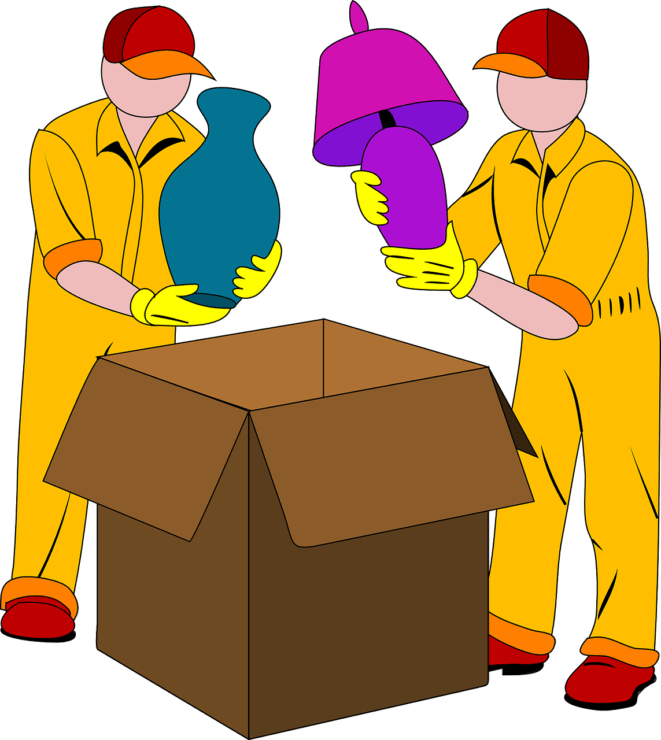
6. Bringing your pets when moving to Australia
If you decide to bring your pets to Australia, you will need to contact a pet shipper in your country of origin for a quote and to ensure you are aware of the necessary procedures.
You can also check with the Australian Government’s Department of Agriculture and Water Resources, which has information about the necessary requirements.
Australia has strict conditions designed to manage biosecurity risks, so it is vital that you follow the step-by-step guidelines.

7. Sorting the finances before moving to Australia
Opening a bank account in Australia is possible before you arrive. There are several major banks, including National Australia Bank (NAB), Westpac, Commonwealth Bank and Australia and New Zealand Banking Group (ANZ).
Once you have opened your account, you will need to make an appointment at the relevant branch to bring your ID and pick up the cards.
If you are paying under $100 by card, you may be asked if it’s PayWave. Most credit and debit cards in Australia come with the contactless (or tap) payment option, and this is simply the vendor asking if they can tap your card to take payment.
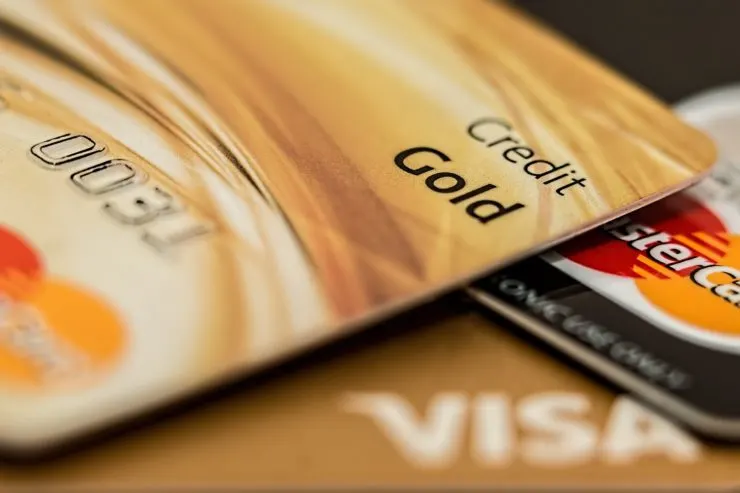
8. Obtaining a tax file number (TFN)
If you are planning to work in Australia, you will need to apply for a Tax File Number. How you apply for a TFN will depend on your circumstances.
I recommend checking out the Australian Tax office’s website for all the necessary information!
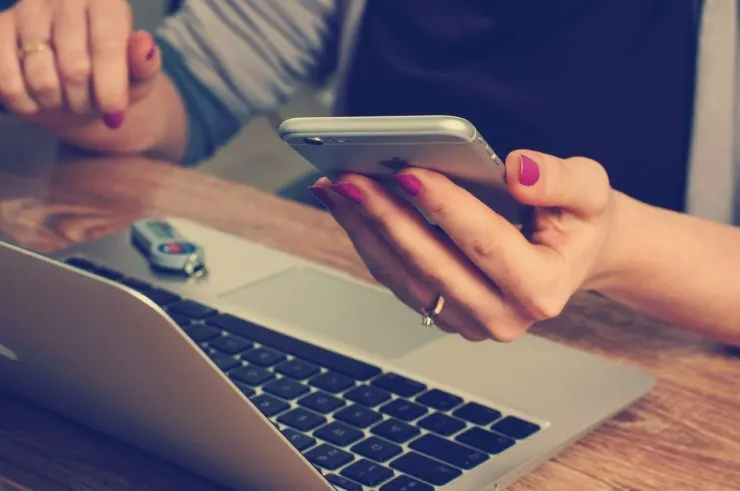
9. Buying a car in Australia
We were totally ripped off when we bought our first car. Partly due to making the mistake of not hiring a car and just checking out the garages close to our first accommodation. We were also regional, where cars are considerably more expensive.
Second-hand cars are not cheap in Australia and we paid I would say 3 times the price we would have paid in the UK for a similar car.
Do your homework and perhaps just hire a car or use public transport (easier in a city!) until you can buy. We don’t know anything about cars either, which didn’t help.
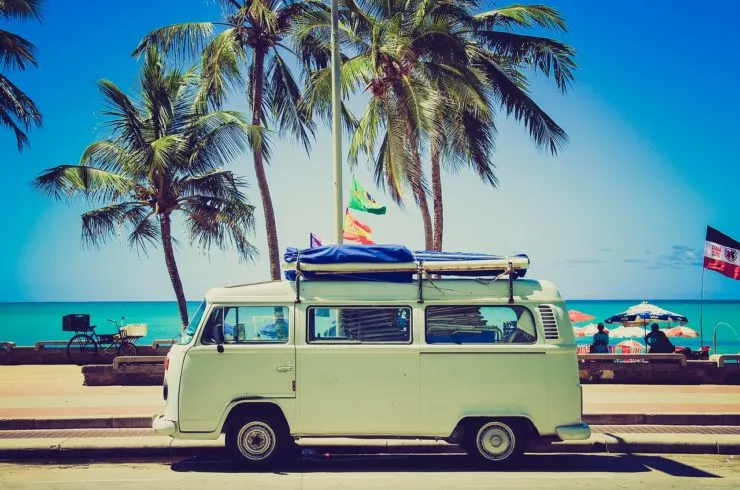
10. Mobile phones in Australia
We brought our unlocked mobile phones with us to Australia. If you do this, simply buying a SIM once you are here will gain access to the Australian network.
We both have SIM-only deals with Telstra, the network recommended as having the best coverage across the country.
There are other providers out there but we have found Telstra to be great for the mobiles (don’t ask me about setting up Wi-fi with them though as that is not such a happy story!!!)
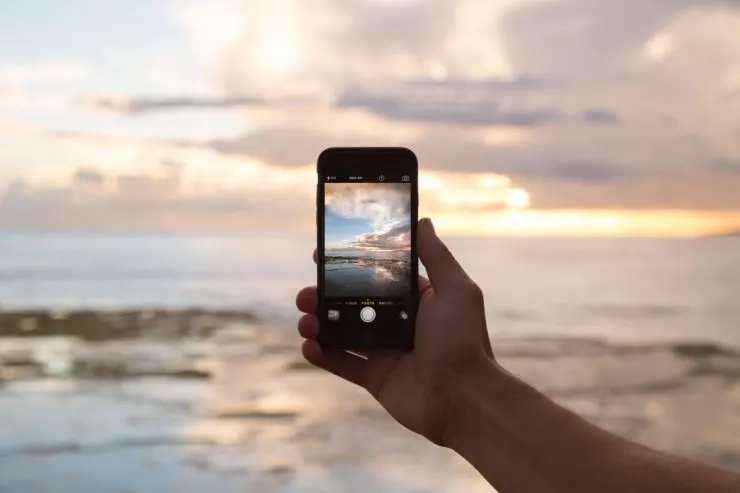
11. Medicare in Australia
You may be entitled to a medicare card on arrival in Australia. To determine if you are entitled to the card, check the Australian Government Department of Human Services.
Once you have your card, you can access the benefits of the Australian health system. However, if you are aged 31 or over, you have one year to take out private health insurance before you will have to pay a Lifetime Health Cover (LHC) loading of 2% on top of premiums per year.
If you earn over a certain amount, a tax penalty called the Medicare Levy Surcharge is also applied if you don’t have private health coverage. Find out more about the Medicare Levy.

12. Driving in Australia
Australia drives on the left, which is great for those of us from the UK, South Africa, New Zealand, etc!
Check the rules for using an overseas license, which depends on the state or territory you move to. As we live in Queensland and have permanent residence, we were required to obtain a Queensland license within 3 months.
The distances in Australia are huge, so be prepared for that. People seem to be prepared to drive for up to three hours a day commuting to and from work.
In Brisbane, there are toll roads and tunnels (oh, those tunnels – I am silently screaming as I type this!)
I found applying for an electronic tag for the car easier, which beeps and registers when you are on a toll road. The fee is then automatically charged to your account. For more information specific to Brisbane, the Go Via website is the one you need!
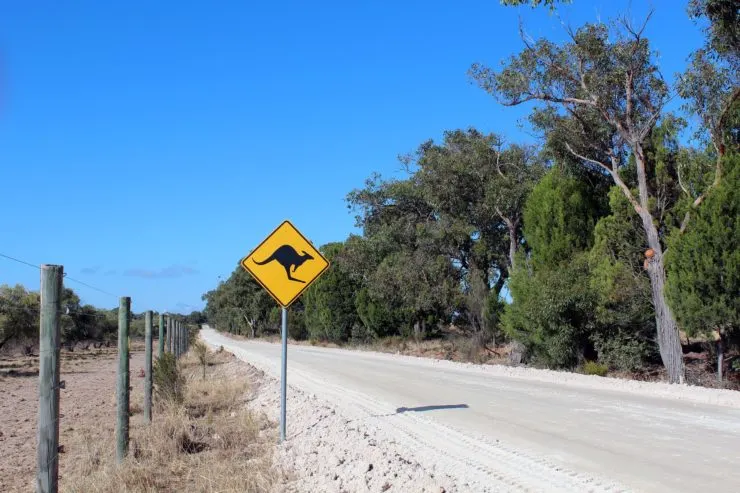
13. Education systems in Australia
The education system in Australia is similar across all of Australia, with some minor variations between states and territories.
School is compulsory between the ages of 6 and 16. Primary school starts at Kindergarten (Kindy)/Prep and runs through to Year 6 or 7. Secondary school runs from Years 7/8 to 10/11, with Senior Secondary School in Years 11/12.
Government schools are free to attend, and Catholic and independent schools charge fees.
Before enrolling your children in a new school, I recommend visiting and chatting with staff and looking around.
I experienced a difficult school move as a teenager when we moved from the UK to South Africa, and I think it is crucial to think carefully about this when you are moving your children.
On a happy note, once I was in the right school, I settled well and have many happy memories of those years.
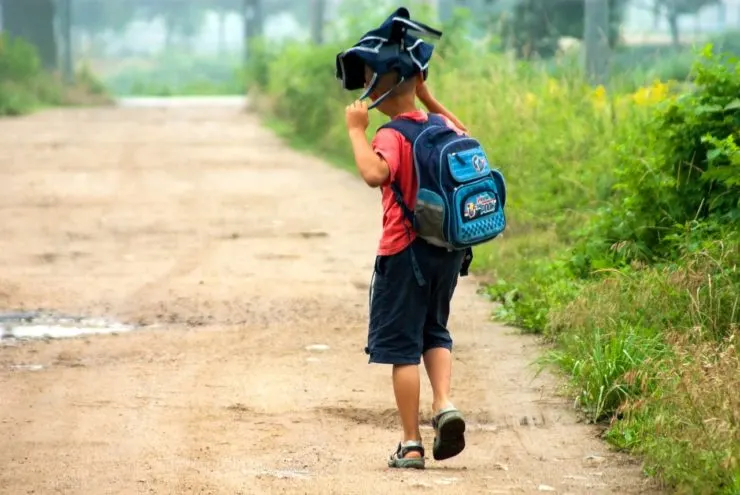
14. Join relevant groups on social media
I joined several Facebook groups relating to moving to Australia as an expat and found them helpful. I was able to ask so many things that were going through my mind.
What helped me so much was that every single person I spoke to had experienced the same feelings, doubts, and worries that I had. It was reassuring and encouraging to hear from those who had made the move and survived!
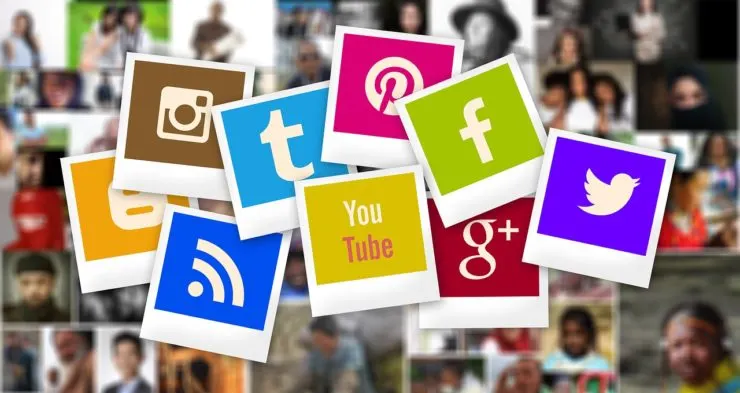
15. How much does it actually cost to live in Australia?
This will probably be your number one concern after you obtain a visa—or maybe before! This is the one question I wanted people to answer when we started considering moving to Australia.
Australia is not cheap. In particular, housing is very expensive and paying rent/mortgage will be your number one outgoing expense.
Not-for-profit organisations generally offer salary sacrifice, which increases take-home pay by enabling you to pay for certain goods and services from your gross salary.
This reduces your taxable salary. However, it is far more complicated than this, so do consider it carefully and perhaps discuss it with your financial advisor before making a decision about joining the scheme. Through this scheme, we pay for all car-related products, including petrol, rego, servicing, and insurance.
On top of insurance, you will need to pay an annual registration(rego) for your car.
Food is expensive in Australia and you soon learn that you have to buy fruit and vegetables when in season. The two major supermarkets in Australia are Coles and Woolworths.
t is not cheap (can you see a pattern here) to go on holiday in Australia.
However, there are so many affordable destinations to explore from Australia—Fiji and SE Asia—that you will be spoilt for choice! If you do decide to explore Australia, there are some amazing places to visit, too!
Emigrating to Australia – final thoughts
This article summarises the main information to know before moving to Australia.
For some fun information reflecting on things I have learnt since we moved to Queensland, check out my 65 things to know before moving to Australia and 30 things to know about living in Queensland.
You can find all my articles about the country in my Australia Travel Guide, including itinerary ideas, tips to make the most of your visit (or move) and more travel inspiration for Queensland, Tasmania and much more.
Prepare for your move with these Australian TV shows on Netflix or these Australian movies.
